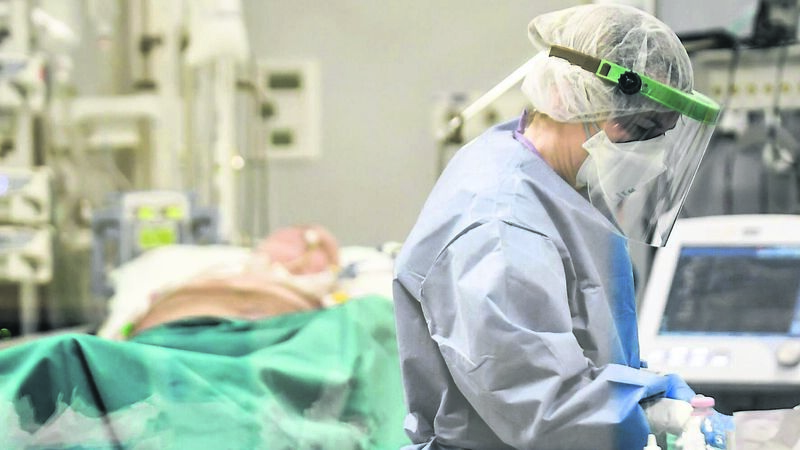Rural dwellers and local authority tenants more likely to be hospitalised with Covid-19 - study

The study, carried out by University College Cork and Technological University Dublin notes that higher ICU admission for those living in urban areas may be associated with higher levels of deprivation. File photo
People living in rural areas or local authority housing are more likely to be hospitalised with Covid-19, while people living in urban areas are more likely to be admitted to intensive care, reveals a new study into the socio-economic backgrounds of those who contracted the virus in Ireland.
The study between University College Cork (UCC) and Technological University Dublin (TUDublin) examined the age, gender, regional socio-economic status and urban/rural classification of almost 50,000 symptomatic COVID-19 patients in Ireland in the first two waves of the pandemic, through to hospitalisation, intensive care and death.










